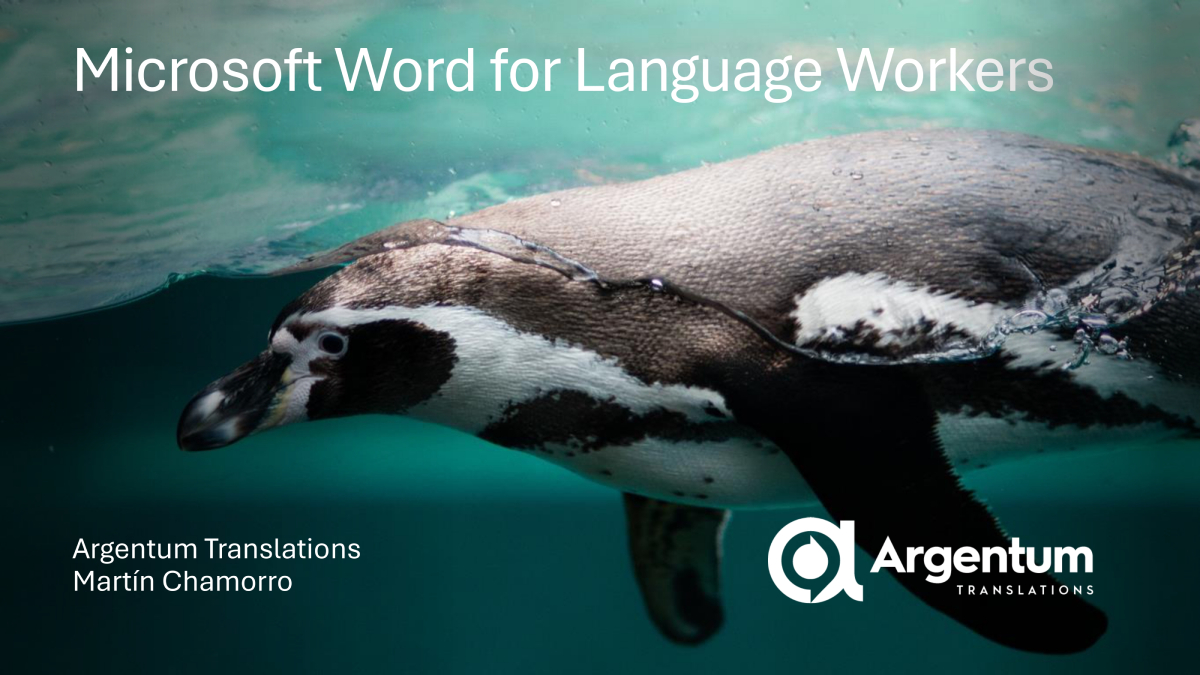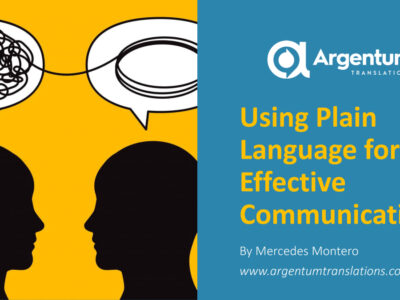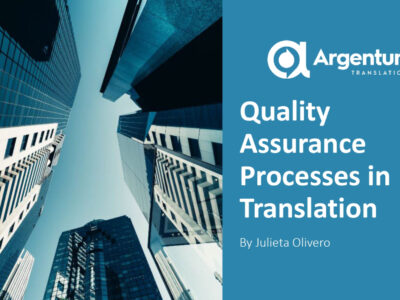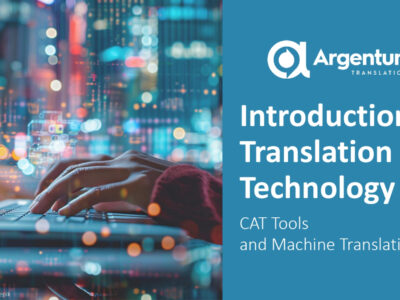Welcome to our training on Microsoft Word for Language Workers. Throughout this session, we’ll explore hands-on the Microsoft Word platform and its importance for your day-to-day activities.
The plan starts with a Word file with plain text. By following the instructional steps and editing this plus a set of other resources (images, media, etc.), you will learn insightful information on how to navigate documents, create, format and layout text and other elements, as well as leverage different tools such as reviewing, commenting, tracking changes, and editing custom dictionaries. We’ll explore some strategies that will also be useful for translating texts of different complexities as well as take a look at some tips for file conversion.
There are at least two ways of taking this training:
- If you’re feeling adventurous, you can choose to first try and solve the exercises by just following the instructions and afterwards seeing how everything is solved, or…
- You can see the instructional video first and then try and work with the Word file yourself afterwards!
As we conclude, you’ll have to complete a questionnaire to check and strengthen your knowledge of this useful platform.
Join Martín Chamorro as he works step-by-step with the material in this enriching training session designed for language workers in the United States. Elevate your skills and unlock new opportunities under the guidance of this skilled colleague.
Format and Length
- This is an online, self-paced and on-demand training video.
- It takes 1 hour and 40 minutes to complete.
- This training video is available for access for 3 months from the date of purchase.
Training Videos Features
- Topic 1
- Quiz 1
- Duration 90 days
- Skill level All levels
- Language English
- Students 24
- Certificate Yes
- Assessments Yes
Content
- 1 Section
- 1 Lesson
- 90 Days
- Microsoft Word for Language Workers2
Target audiences
- This is part of a series of language-related training for government employees, language workers, social workers, healthcare providers, educators, community outreach workers, nonprofit organization staff and all kinds of helpers, on the federal, state or local levels in the United States who require a comprehensive understanding of the diverse communities they serve to be able to meet the needs of multilingual and multicultural populations effectively and thoughtfully. Additionally, the series covers relevant topics for translators and interpreters, offering insights to enhance their professional practice, equipping them with techniques, tools, resources and strategies to advance their skills, improve their work environment and continue to develop professionally.










